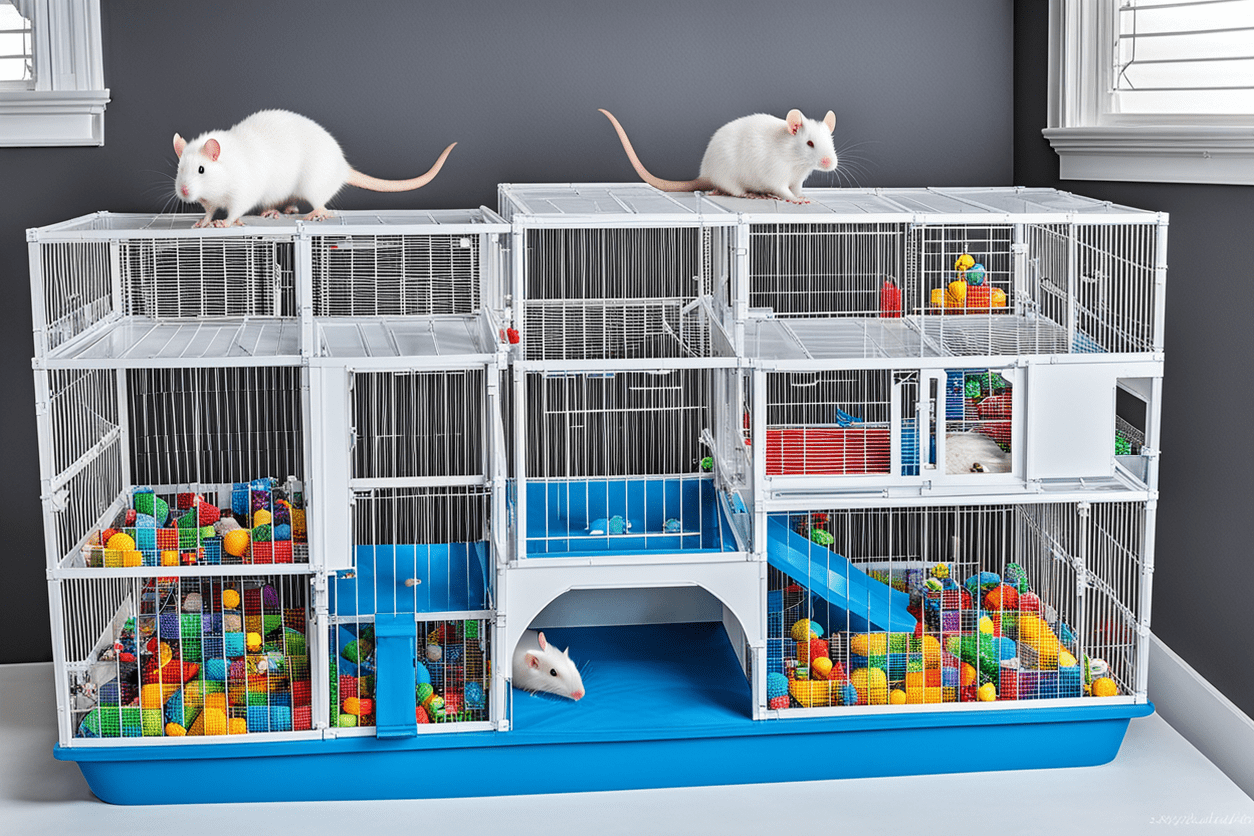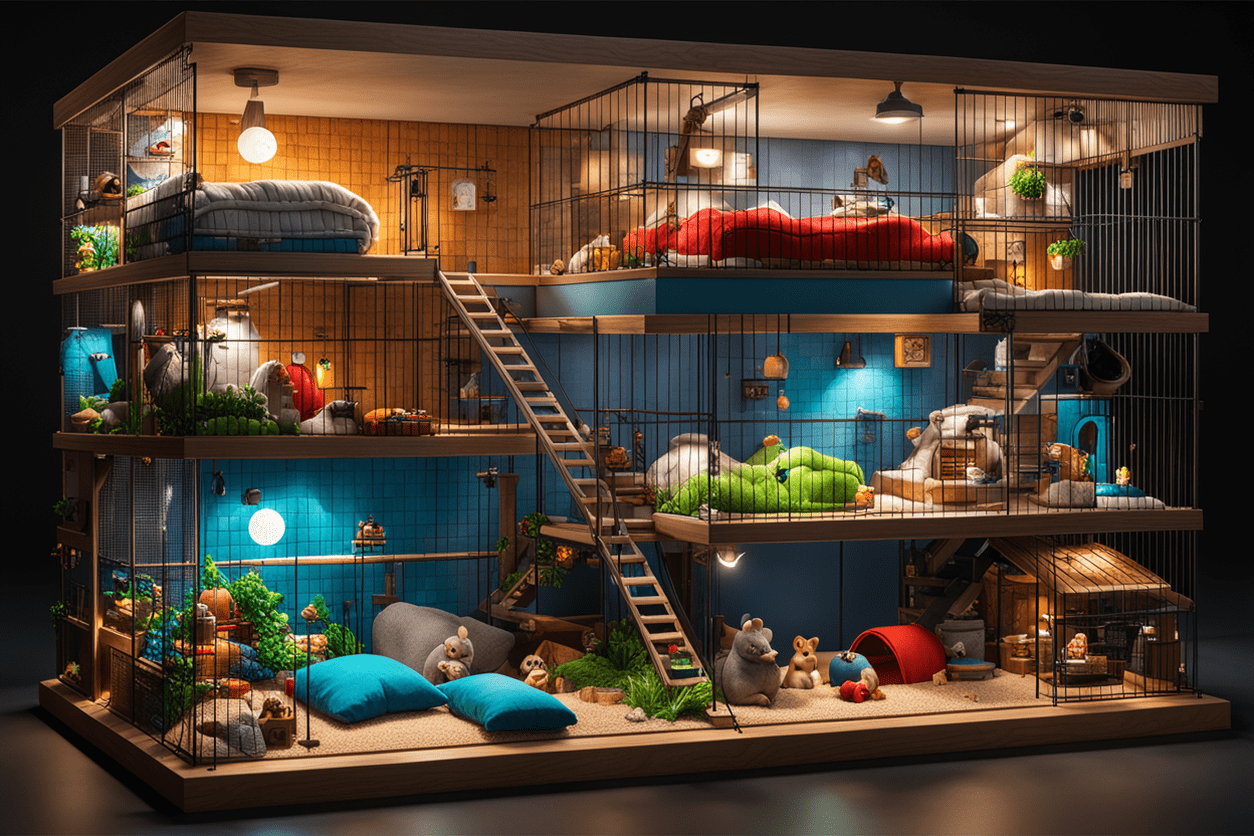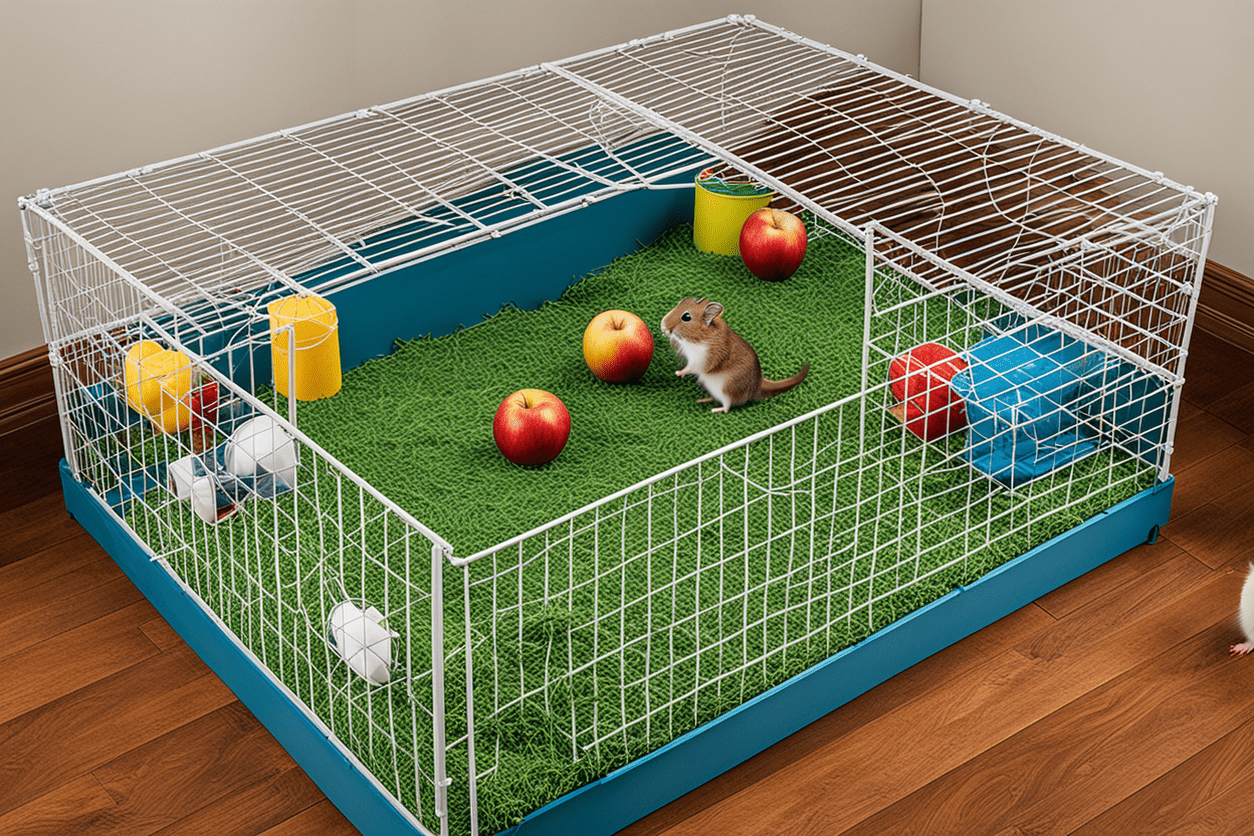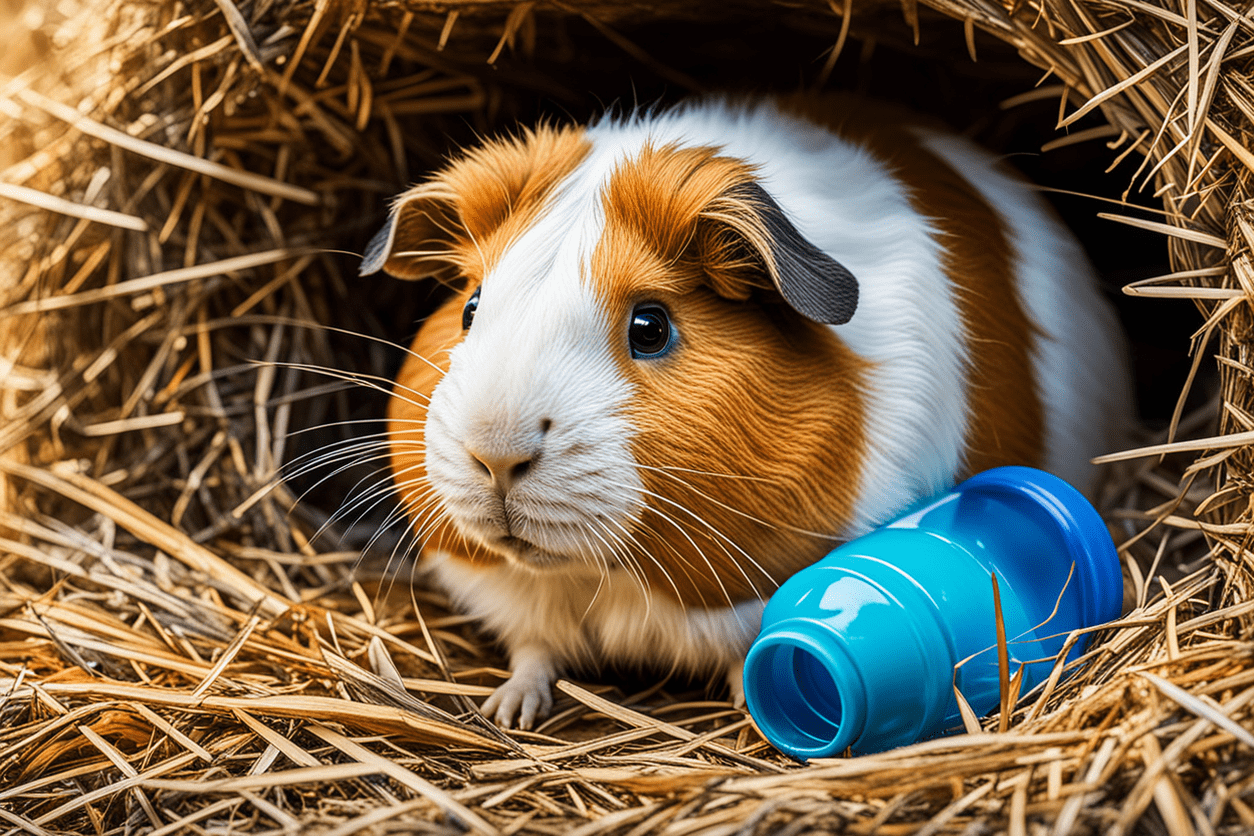Rabbit Care Basics: What Every New Owner Should Know
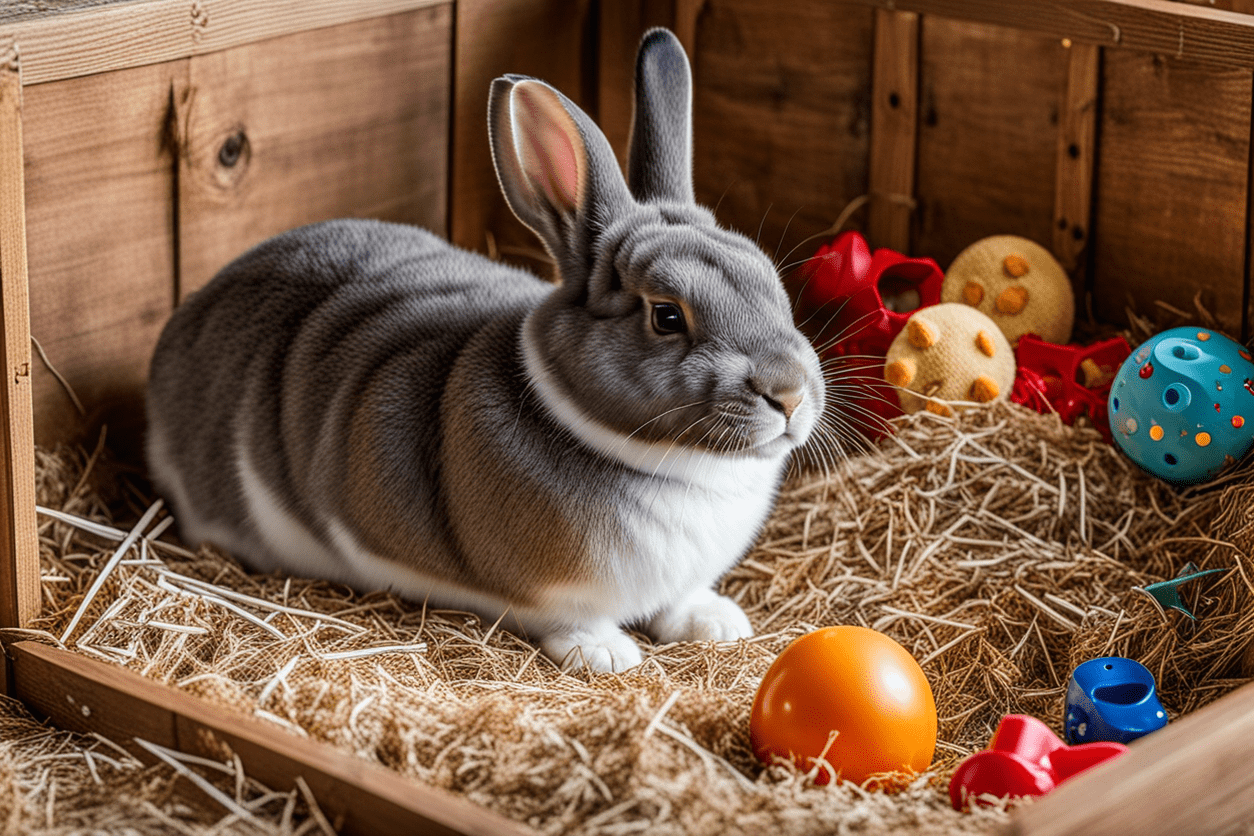
Introduction
Rabbits are adorable, charming, and make great pets. But these cuddly critters require specific care to stay healthy and happy. If you've recently welcomed a rabbit into your family, or you're considering it, understanding their basic needs is crucial. In this article, we'll hop through the essentials of rabbit care to ensure your fuzzy pal thrives in their new home.
Housing and Space
Choosing a Home
Rabbits need a spacious and comfortable living area, whether it's an indoor pen or an outdoor hutch. For indoor rabbits, a rabbit-proofed room or a large enough cage with room to hop around is key. Remember, a rabbit's living area should allow them to stretch out fully, hop, and play.
Bedding and Litter
Line their cage with hay or straw for bedding, and provide a litter box. Use paper-based litter instead of clay or clumping types, which can be harmful if ingested. Keep this area clean; a dirty habitat can lead to health issues for your bun.
Diet and Nutrition
The Importance of Hay
A rabbit's diet should consist mainly of high-quality hay, such as timothy or orchard grass. Hay provides the necessary fiber for digestion and helps wear down their continuously growing teeth.
Fresh Vegetables
Introduce fresh, leafy vegetables gradually. Offer varieties like Romaine lettuce, kale, and cilantro. Avoid iceberg lettuce and starchy vegetables like carrots in large quantities.
Pellets and Treats
Commercial rabbit pellets should be a small part of their diet. Look for high-fiber pellets. Treats should be given sparingly and should never consist of sugary or processed foods. Offer fruit as an occasional treat, but monitor the portions.
Health and Wellness
Regular Check-Ups
Routine vet visits are essential. Rabbits are prey animals, which mean they hide illness well. Regular check-ups can identify issues early.
Grooming Needs
Brush your rabbit regularly to reduce shedding and prevent ingested fur, which can cause blockages. Also, check their teeth and nails monthly, as both grow continuously.
Spaying and Neutering
Spaying or neutering your rabbit not only helps control the pet population but also reduces behavioral issues and decreases the risk of certain cancers.
Exercise and Mental Stimulation
Playtime
Rabbits are active creatures and require daily exercise. They benefit from a spacious exercise area where they can hop, jump, and explore. Outdoor time is great but ensure the yard is secure and predator-free.
Toys and Enrichment
Toys help keep your rabbit’s mind sharp and prevent boredom. Offer a variety of toys, such as cardboard boxes, paper towel rolls, and safe wooden chews. Interactive toys that dispense treats can also provide both mental and physical stimulation.
Bonding and Socialization
Handling and Interaction
Spend time every day interacting with your rabbit to strengthen your bond. Gently petting and speaking softly can help your rabbit feel safe and secure. Avoid sudden movements and loud noises, which can frighten them.
Rabbit-Proofing Your Home
If your rabbit will be free-roaming in your home, protect electrical cords, houseplants, and other hazards. Use cord protectors and ensure that toxic plants are out of reach.
Common Ailments to Watch For
Gastrointestinal Stasis
A critical condition where the digestive system slows or stops. Signs include loss of appetite and reduced fecal output. If you notice these symptoms, seek immediate veterinary care.
Overgrown Teeth
Rabbits can develop dental problems due to their continuously growing teeth. Ensure they have plenty of hay and chew toys to prevent overgrowth, and check their teeth regularly.
Snuffles and Respiratory Issues
Respiratory issues, such as "snuffles," are common in rabbits. Symptoms include runny eyes and nose, and difficulty breathing. If your rabbit shows these signs, a trip to the vet is necessary.
Conclusion
Caring for a rabbit involves more than just providing food and a cage. By understanding their specific needs and offering proper care, you can ensure a happy, healthy life for your furry friend. With proper housing, diet, regular vet visits, grooming, exercise, and social interaction, you’ll have a loving companion for years to come.

